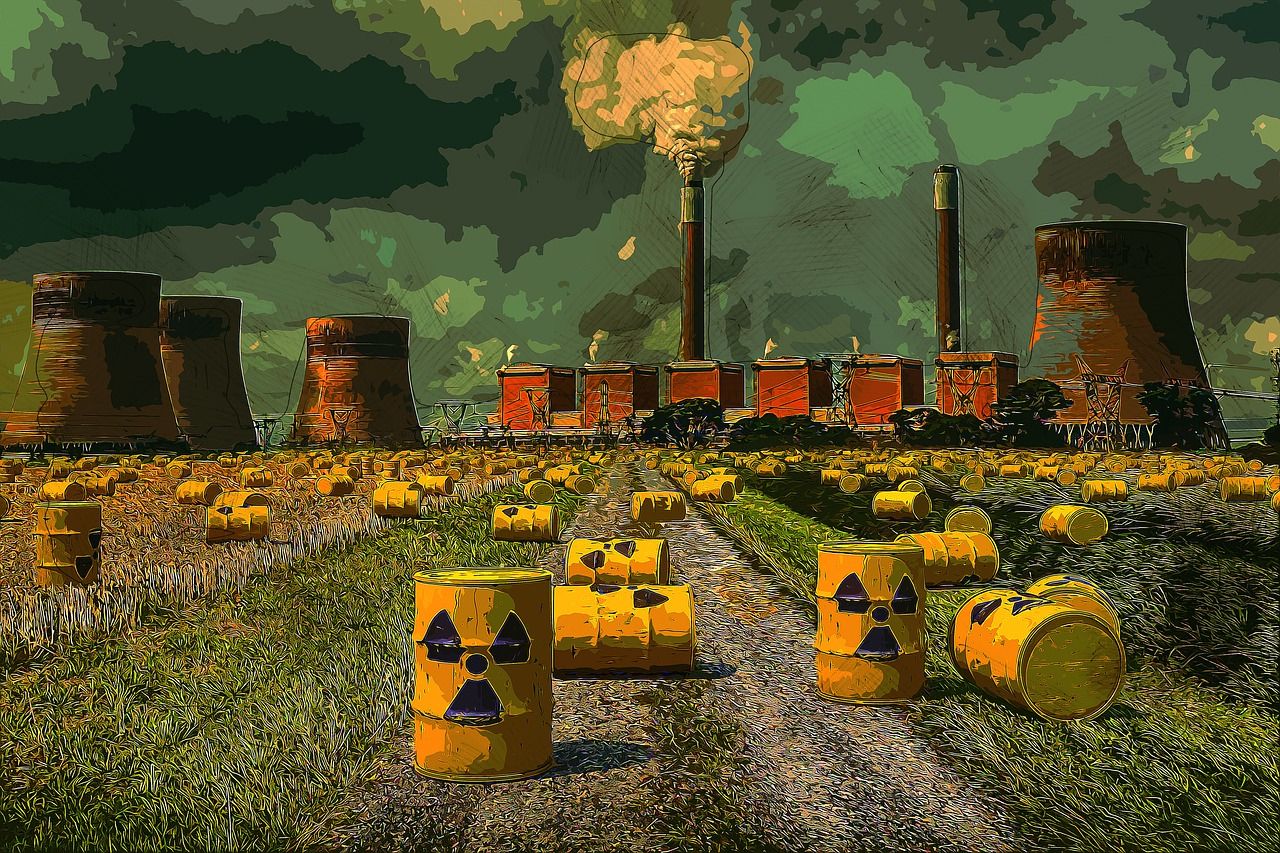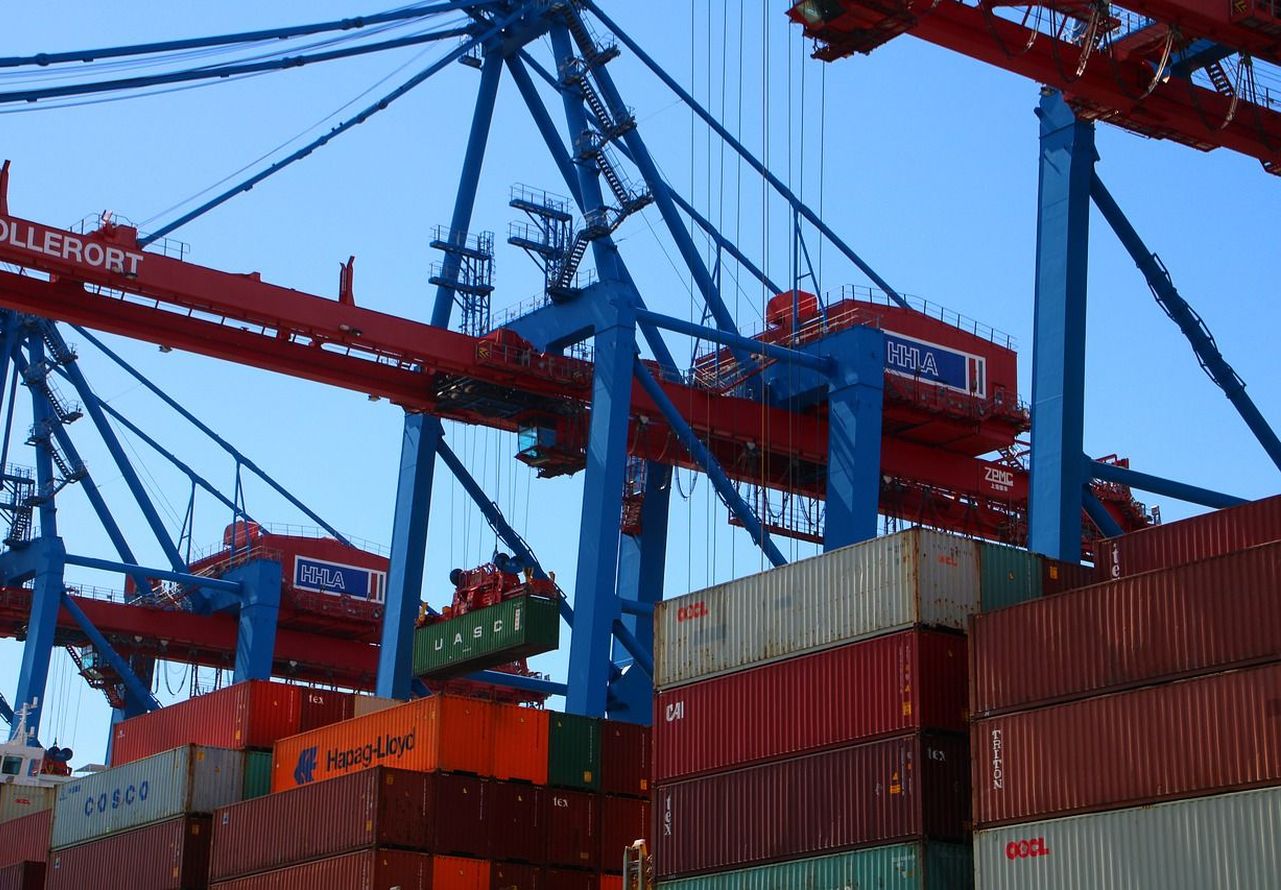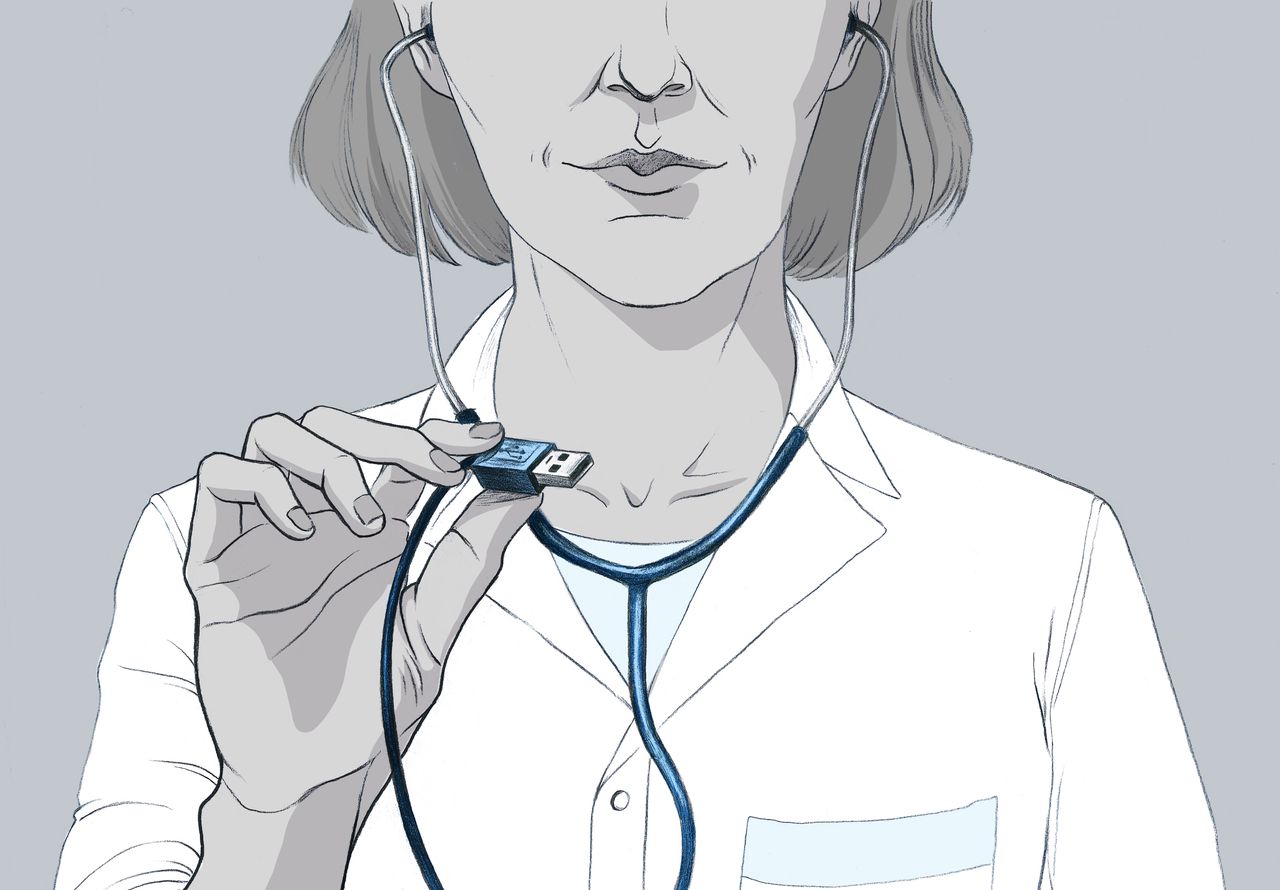
What is bio-inspiration?
In the News, What's?
The idea of using nature as inspiration to create different types of technology has always existed, but it has been formalized through a more systematic approach since the 1990s. Frédéric Boyer, a researcher at IMT Atlantique, explains…

Eclore and ThermiUp, new beneficiaries of the IMT “Industry & Energy 4.0” honor loans
Energy & environment, In the News, Start-up-en, Uncategorized
After the IMT Digital Fund, Institut Mines-Télécom (IMT) and the Fondation Mines-Télécom launched a second fund last October, dedicated to the sciences of energy, materials and processes: “Industry & Energy 4.0”. Its committee,…

Digital Service Act: Regulating the content of digital platforms, Act 1
In the News, Society
The Digital Service Act, proposed by the European Commission in early 2020, seeks to implement a new regulatory framework for digital platforms. Grazia Cecere, an economics researcher at Institut Mines-Télécom Business School, explains…

Our indoor air is polluted, but new materials could provide solutions
Energy & environment, In the News, Materials
Frédéric Thévenet, IMT Lille Douai – Institut Mines-Télécom
We spend 80% of our lives in enclosed spaces, whether at home, at work or in transit. We are therefore very exposed to this air, which is often more polluted than outdoor…

IMPETUS: towards improved urban safety and security
Digital, Europe EN, In the News
How can traffic and public transport be managed more effectively in a city, while controlling pollution, ensuring the safety of users and at the same time, taking into account ethical issues related to the use of data and mechanisms to ensure…

Three Mile Island, Chernobyl, Fukushima: the role of accidents in nuclear governance
In the News, Society
Stéphanie Tillement, IMT Atlantique – Institut Mines-Télécom and Olivier Borraz, Sciences Po
Until the 1970s, nuclear power plants were considered to be inherently safe, by design. Accidents were perceived as…

DMS Logistics is optimizing inland container transportation
Digital, In the News, Start-up-en
The inland container logistics chain suffers from low digitization, which limits organization and communication between the various parts of the chain. To overcome this problem, the start-up DMS Logistics, incubated at Mines Saint-Étienne,…

Decision support tools for maritime accident management
Digital, Energy & environment, Europe EN, In the News
The European MANIFESTS project, launched in January, is a two-year project bringing together a consortium of nine research institutions and public administrations with complementary expertise in managing maritime accidents. Funded by the European…

What is digital sufficiency?
Digital, In the News, Scientific literacy, What's?
Digital consumption doubles every 5 years. This is due in particular to the growing number of digital devices and their increased use. This consumption also has an increasing impact on the environment. Digital sufficiency refers to finding…

Speaking the language of health data to improve its use
Health, In the News
The world of healthcare has extensive databases that are just waiting to be used. This is one of the issues Benjamin Dalmas, a data science researcher at Mines Saint-Étienne, is exploring in his work. His main objective is to understand the…

